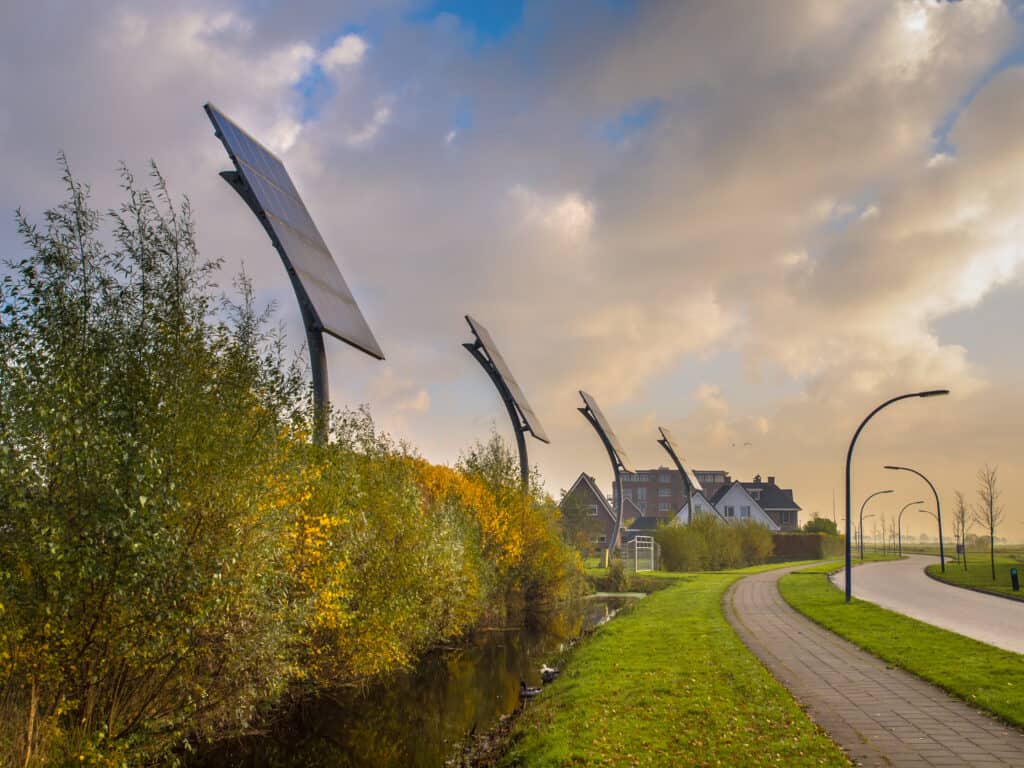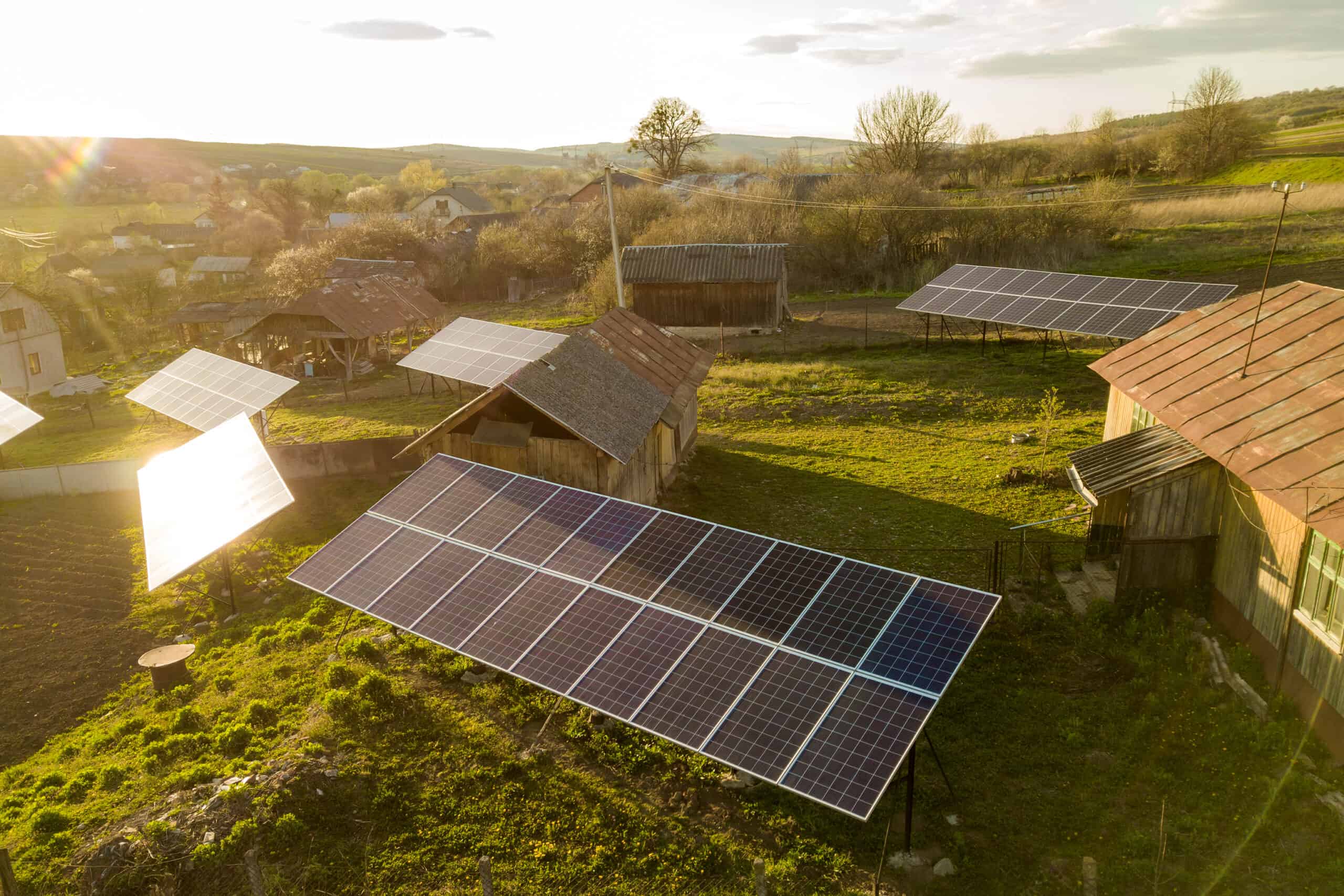Solar power can provide many benefits for remote and rural areas, including cost savings, improved access to electricity, and job creation. In this blog post, we will explore the benefits of solar power for remote and rural areas in more detail.
One of the main benefits of solar power for remote and rural areas is that it can provide a cost-effective and reliable source of electricity. Many remote and rural communities rely on expensive and polluting diesel generators for their energy needs. Solar energy can provide an alternative that is both cheaper and cleaner. For example, a remote village in Africa installed a solar power system and as a result, the villagers were able to power their homes and small businesses and also had access to electricity for the first time.
Another benefit of solar energy in remote and rural areas is that it can help to create jobs and boost local economies. The installation and maintenance of solar panels can create jobs in the construction, engineering, and manufacturing industries. This can help to create new job opportunities and boost local economies, especially in rural and remote areas where job opportunities are often limited.

Solar Power Brings Power to More People
Solar power can also help to improve access to electricity in remote and rural areas. Many remote and rural communities do not have access to the main power grid and have to rely on expensive and polluting diesel generators for their energy needs. Solar power can provide an affordable and clean alternative to diesel generators, which can help to improve access to electricity in remote and rural areas.
Solar energy can also help to reduce greenhouse gas emissions and combat climate change. Many traditional energy sources, such as coal and natural gas, are major sources of greenhouse gas emissions. Solar power, on the other hand, is a clean and renewable source of energy that does not produce emissions. By increasing the use of solar energy in remote and rural areas, countries can reduce their greenhouse gas emissions and help to combat climate change.
Solar power can also provide reliable energy during natural disasters. A hospital in Puerto Rico installed solar panels and as a result, was able to provide power to the hospital even after a hurricane knocked out the power grid. This is a great example of how solar power can provide a reliable source of energy during times of crisis and emergency.
Lastly, solar power can also be used to power communication systems in remote and rural areas. This can be crucial for emergency management and can help to improve access to information and communication in remote and rural communities.
In conclusion, solar power can provide many benefits for remote and rural areas, including cost savings, improved access to electricity, job creation, reduced greenhouse gas emissions, reliable energy during natural disasters and improved communication. As the cost of solar panels continues to decrease and the technology improves, the potential of solar power for remote and rural areas is becoming more and more realistic. It is an important step towards a sustainable future and a more equitable distribution of energy resources.
Contact Glyde Solar today for more information about Solar Energy can save you money!


